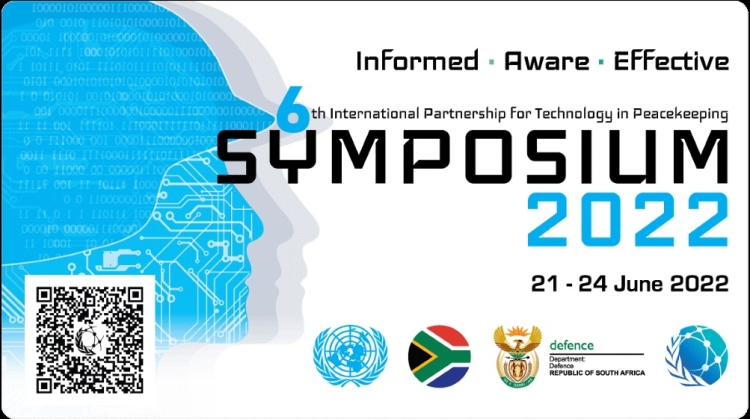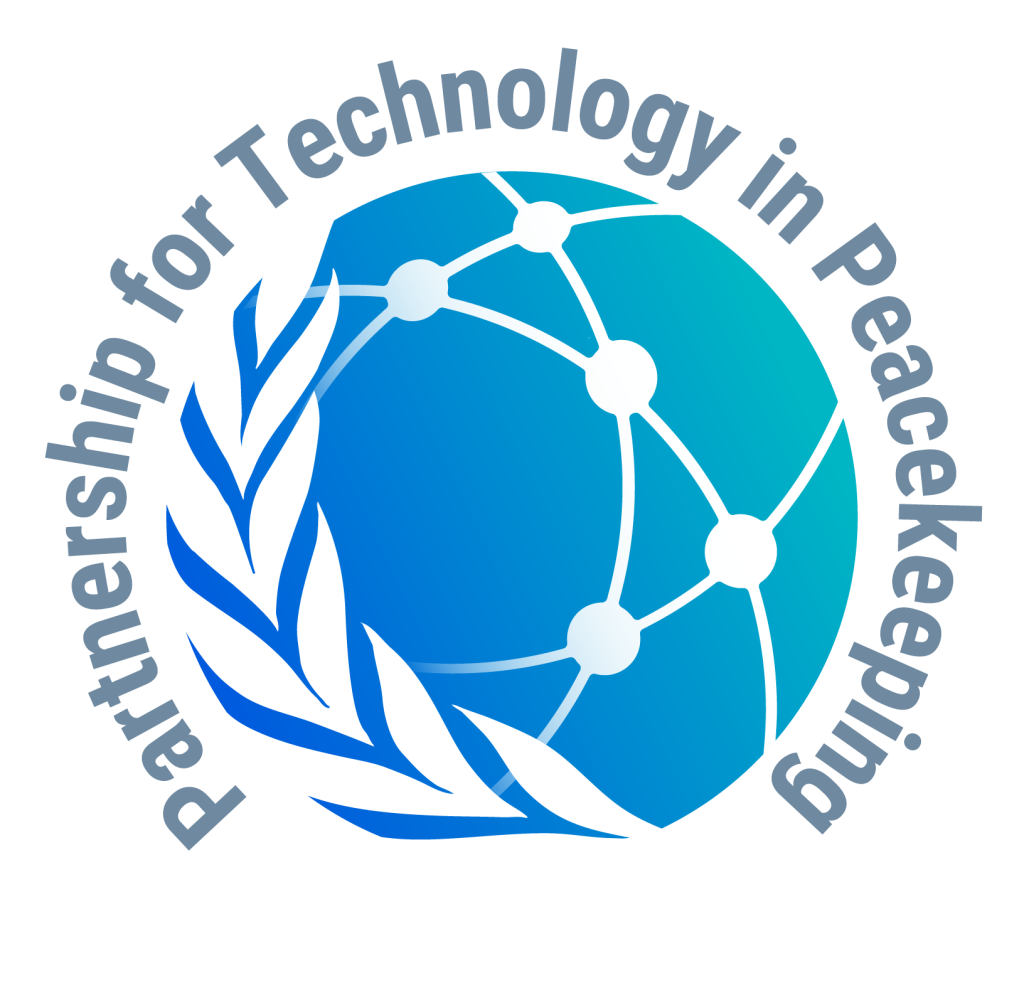Published
2 years agoon

The Republic of South Africa (RSA), as a Member State to the United Nations (UN) and a Troop and Police contributing country, has been nominated to host the 6th United Nations Partnership for Technology in Peacekeeping Symposium. The Symposium will be held at the Council for Scientific and Industrial Research (CSIR) International Convention Centre (ICC) in the City of Tshwane (Pretoria), Republic of South Africa from 21-24 June 2022. This is a key annual event in the provision of Technology to UN Peace Missions.

The Symposium is organized by the United Nations (UN), represented by the Department of Operational Support (DOS) and the United Nations Office of Information & Communications Technology (OICT) in cooperation with the Government of the Republic of South Africa (RSA). The RSA Defence Review 2014 militates for strategic shaping and influence through Defence Diplomacy
Attendees of the Symposium will include participants invited by the United Nations. These will comprise of Member States, Civil Society and Academia, UN Officials, International Consultants, Participants invited as observers by the United Nations and the Government of RSA including representatives from Inter-Governmental or Non-Governmental organizations or Institutions. It will bring together experts from Member States, Civil Society, the UN and its partners to explore innovative ways that can contribute to Peacekeeping using Technology as a catalyst. The symposium will also provide a forum to develop strategic partnership aimed at delivering tangible and sustainable outcomes.

The main purpose of the Symposium will be to align with key recommendations in the Strategy for Digital Transformation of United Nations Peacekeeping and to provide a communications platform that emphasizes cooperation as a key enabler of the organization. Emphasis is put on tangible outcomes, optimization of Operational procedures and “know-how” transfer on the use of modern Technologies that are not yet included in the typical Peacekeeping Mission portfolio and will explore creative and collaborative opportunities to enhance Field Technology in the areas of;
• Protecting Peacekeepers
• Information-driven Peace Operations
• Integrated Training and Capacity building
• Eco-responsibility and;
• Telemedicine.
South Africa will be the first African country to host the Partnership for Technology In Peacekeeping Symposium. Previous Symposiums were hosted by European and Asian countries. This is an important milestone for the African Continent. The symposium falls within the scope of the mandate of the General Assembly resolution(s) 46/48 of 9 December 1991, 48/42 of 10 December 1993 under which are Peacekeeping Training requirements and the use of Technology in Peacekeeping.
In June 2014, the Department of Peacekeeping Operation (DPKO) and the Department of Field Support (DFS) of the UN commissioned a “Panel of Experts in Technology and Innovation in UN Peacekeeping” to recommend ways in which the organisation could leverage Technology and Innovation to enhance its Operational effectiveness.
In the advent of the 4IR Industrial Revolution, the partnership for Partnership for Technology in Peacekeeping aims to extend involvement in Peacekeeping from the International Community through a comprehensive framework that can support collaboration and the introduction of modern technologies and concepts in Field Missions. The Symposium is designed to explore ways to support the UN Peacekeeping and the Field Operations community by leveraging cutting edge technologies to enable Military, Police and Civilian personnel in the face of critical challenges.
By hosting this Symposium, South Africa hopes to;
• Promote locally developed Technology products,
• Increase awareness of what RSA has to offer to the UN Missions and Member States Technology-wise,
• Enhance the indigenous Defence Industries Capabilities at a United Nations-led platform that has Global reach.
Furthermore, this endeavour is also focused on generating interest for collaboration efforts in Technology Development with Strategic Countries in line with the Presidential campaign of attracting Foreign Direct Investment into the country.
The 6th United Nations Partnership for Technology in Peacekeeping Symposium local organisers and participants include, the State Security Agency (SSA), Department of Trade and Industry (DTI), Department of International Relations and Cooperation (DIRCO), Department of Science and Technology (DST), Department of Home Affairs (DHA), South African Police Service (SAPS), National Defence Industry Council (NDIC) and other participants.




Warning: Undefined variable $user_ID in /home/iniafrica/public_html/wp-content/themes/zox-news/comments.php on line 49
You must be logged in to post a comment Login